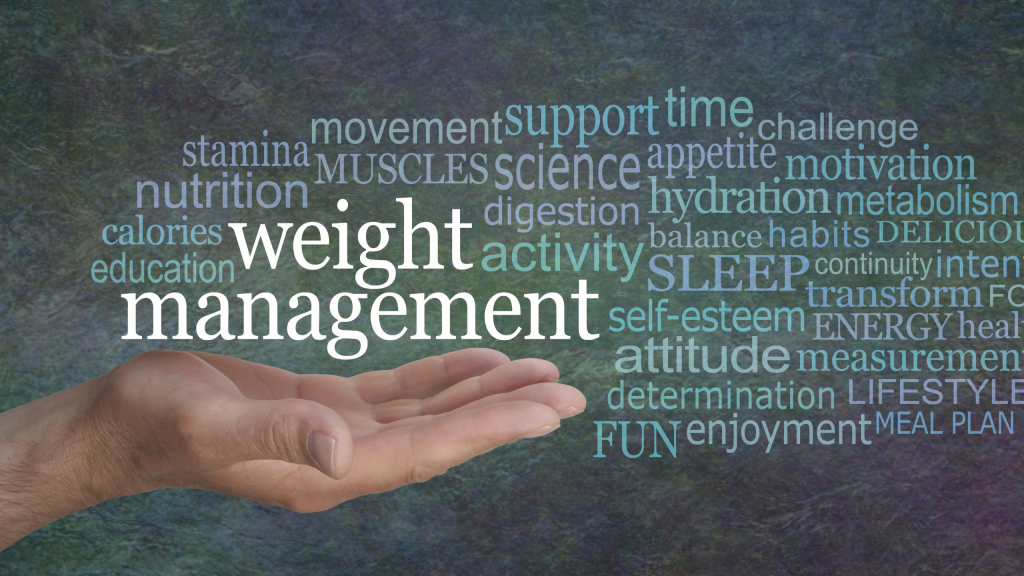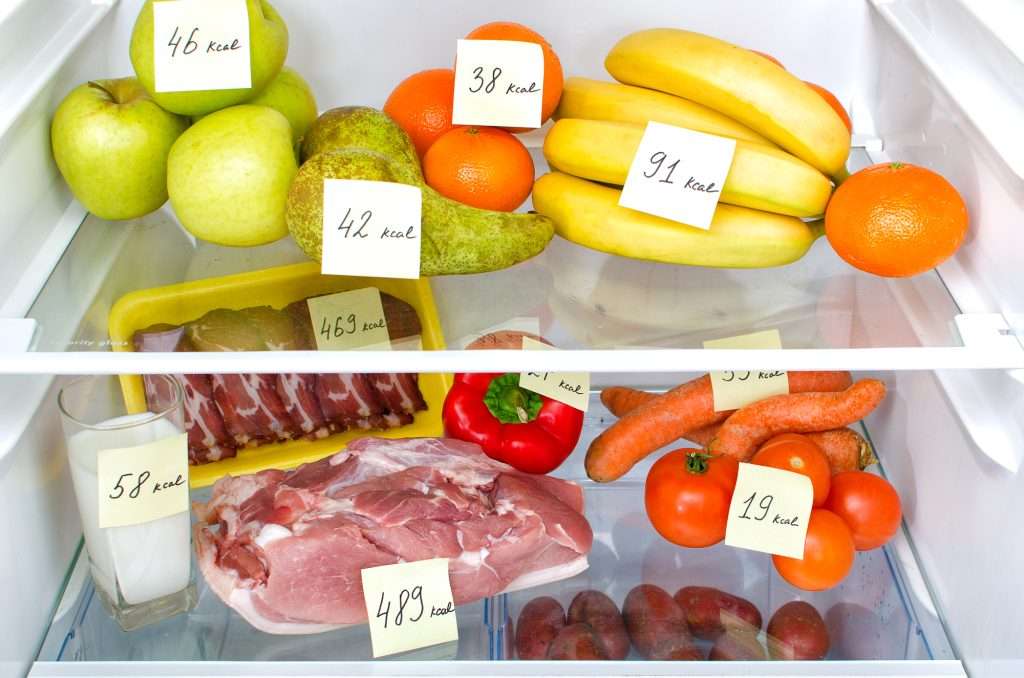The science behind weight loss
Losing weight is not just about eating less and moving more. It’s a complex process that involves various factors working together to create a calorie deficit. Understanding the science behind weight loss is crucial for achieving long-term success. When it comes to weight loss, understanding the science behind it is essential for achieving long-term success. Many people embark on weight loss journeys without fully grasping the underlying principles, which can lead to unrealistic expectations, unsustainable methods, and ultimately, failure in the long run.
Understanding calories and energy balance
Successful weight loss is not about quick fixes or fad diets. It’s about adopting sustainable habits that promote a healthy lifestyle. By understanding the science behind weight loss, setting realistic goals, prioritizing nutrition and exercise, managing stress, and maintaining a positive mindset, you can achieve long-term success and uncover a healthier, happier you.
Make small, gradual changes that you can maintain for a lifetime. Remember that weight loss is a journey, and every step you take towards a healthier you is a step in the right direction. Embrace the process, be patient with yourself, and enjoy the transformation that comes with it. You’ve got this!
Setting realistic weight loss goals for your health

When it comes to weight loss, understanding the concept of calories and energy balance is crucial. Calories are a measure of the energy in the food we eat, and our bodies need a certain number of calories to function properly. To lose weight, we need to create an energy deficit by consuming fewer calories than we burn.
While the idea of calorie counting may seem daunting, it is an effective way to ensure you are in a calorie deficit. However, it’s important to focus on the quality of the calories consumed rather than just the quantity. Opt for nutrient-dense foods that provide essential vitamins and minerals while keeping you satisfied.
To determine your calorie needs, you can use online calculators or consult with a registered dietitian. Keep in mind that individual requirements vary based on factors such as age, gender, activity level, and metabolism. By understanding calories and energy balance, you can make informed decisions about your diet and achieve sustainable weight loss.
The Role of nutrition and eating in weight loss
Setting realistic weight loss goals is essential for long-term success. While it’s tempting to aim for rapid weight loss, it’s important to remember that sustainable weight loss is a gradual process. Aim to lose 1-2 pounds per week, as this is a realistic and achievable goal.
To set effective weight loss goals, consider your overall health, lifestyle, and personal preferences. It’s important to find a balance that works for you and allows you to maintain a healthy relationship with food. Instead of focusing solely on the number on the scale, consider other factors such as improved energy levels, increased strength, and better overall well-being.
Breaking your weight loss journey into smaller, manageable goals can also help you stay motivated. Celebrate each milestone along the way and acknowledge your progress. Remember, weight loss is not a linear process, and there may be plateaus or setbacks. Stay committed and focus on the bigger picture.
Effective exercise for weight loss
Nutrition plays a crucial role in weight loss. To achieve and maintain a healthy weight, it’s important to follow a balanced diet that provides essential nutrients while supporting your weight loss goals. Here are some key principles to keep in mind:
1. Prioritize whole, unprocessed foods: Fill your plate with fruits, vegetables, whole grains, lean proteins, and healthy fats. These foods are rich in nutrients and can keep you feeling satisfied for longer.
2. Control portion sizes: Be mindful of portion sizes to avoid overeating. Use smaller plates and bowls, and listen to your body’s hunger and fullness cues.
3. Limit added sugars and refined carbohydrates: Sugary drinks, desserts, and processed snacks can contribute to weight gain. Opt for natural sweeteners like honey or maple syrup and choose whole grains over refined ones.
4. Stay hydrated: Drinking enough water can help control hunger and cravings. Aim for at least 8 glasses of water per day.
Remember, a healthy diet is not about deprivation but rather about making sustainable choices that nourish your body. Seek guidance from a registered dietitian for personalized advice and meal planning.
The importance of sleep in healthy weight management

While nutrition is important for weight loss, incorporating regular physical activity into your routine is equally crucial. Exercise not only burns calories but also improves cardiovascular health, boosts mood, and increases overall fitness levels. Here are some effective exercises for weight loss:
1. Cardiovascular exercises: Activities like running, cycling, swimming, and dancing can help burn calories and improve cardiovascular health. Aim for at least 150 minutes of moderate-intensity cardio per week.
2. Strength training: Building lean muscle mass can increase your metabolism and help you burn more calories even at rest. Include resistance exercises such as weightlifting, bodyweight exercises, or using resistance bands in your routine.
3. High-intensity interval training (HIIT): HIIT workouts involve short bursts of intense exercise followed by periods of rest. This type of training can be effective for burning calories and improving fitness in a shorter amount of time.
Remember to choose activities that you enjoy to make exercise sustainable. Consult with a fitness professional to create a personalized workout plan that suits your goals and fitness level.
Managing stress for successful weight loss
Quality sleep is often overlooked but plays a significant role in weight management. Lack of sleep can disrupt hormone regulation, leading to increased hunger and cravings, decreased metabolism, and poor food choices. To prioritize sleep for weight loss:
1. Aim for 7-9 hours of quality sleep per night: Create a sleep routine by going to bed and waking up at the same time every day, even on weekends.
2. Create a sleep-friendly environment: Make sure your bedroom is cool, dark, and quiet. Limit exposure to electronic devices before bed and establish relaxing pre-sleep rituals.
3. Avoid stimulants: Limit caffeine and alcohol intake, as they can interfere with sleep quality.
By prioritizing sleep, you can support your weight loss efforts and improve overall well-being.
The impact of mindset on weight loss

Stress can have a significant impact on weight management. When we’re stressed, our bodies release cortisol, a hormone that can increase appetite and lead to weight gain, particularly around the abdominal area. To manage stress for successful weight loss:
1. Practice stress-reducing techniques: Incorporate activities like meditation, deep breathing exercises, yoga, or mindfulness into your daily routine.
2. Prioritize self-care: Take time for yourself and engage in activities that bring you joy. This can include hobbies, spending time with loved ones, or engaging in creative outlets.
3. Get moving: Physical activity is not only beneficial for weight loss but also for stress reduction. Find activities that you enjoy and make them a part of your routine.
By managing stress effectively, you can support your weight loss journey and improve overall well-being.
Tracking progress in losing weight and staying motivated
Having the right mindset is crucial for successful weight loss. Adopting a positive and realistic approach can help you stay motivated, overcome challenges, and build healthy habits. Here are some tips to cultivate a positive mindset:
1. Set positive affirmations: Replace negative self-talk with positive affirmations. Focus on your strengths and celebrate your progress.
2. Practice self-compassion: Be kind to yourself throughout your weight loss journey. Treat setbacks as learning opportunities and avoid self-judgment.
3. Surround yourself with support: Seek the support of friends, family, or a weight loss community. Having a support system can provide accountability and motivation.
Remember, weight loss is not just about the physical transformation but also about improving your overall well-being. Embrace the journey and focus on the positive changes you’re making.
Conclusion: Sustainable habits for long-term weight loss success
Tracking your progress is an effective way to stay motivated and monitor your weight loss journey. Consider the following strategies:
1. Keep a food journal: Tracking your food intake can increase awareness and help you make healthier choices. There are also various mobile apps available for convenient tracking.
2. Take measurements: In addition to weighing yourself, take measurements of your waist, hips, and other key areas. This can provide a more comprehensive view of your progress.
3. Celebrate milestones: Set small goals and celebrate each achievement along the way. Reward yourself with non-food-related treats like a massage or a new workout outfit.
4. Find alternative measures of progress: Don’t solely rely on the scale. Notice improvements in energy levels, endurance, and overall well-being.
Remember, weight loss is a journey, and there will be ups and downs. Stay committed, be patient, and celebrate every step forward.

